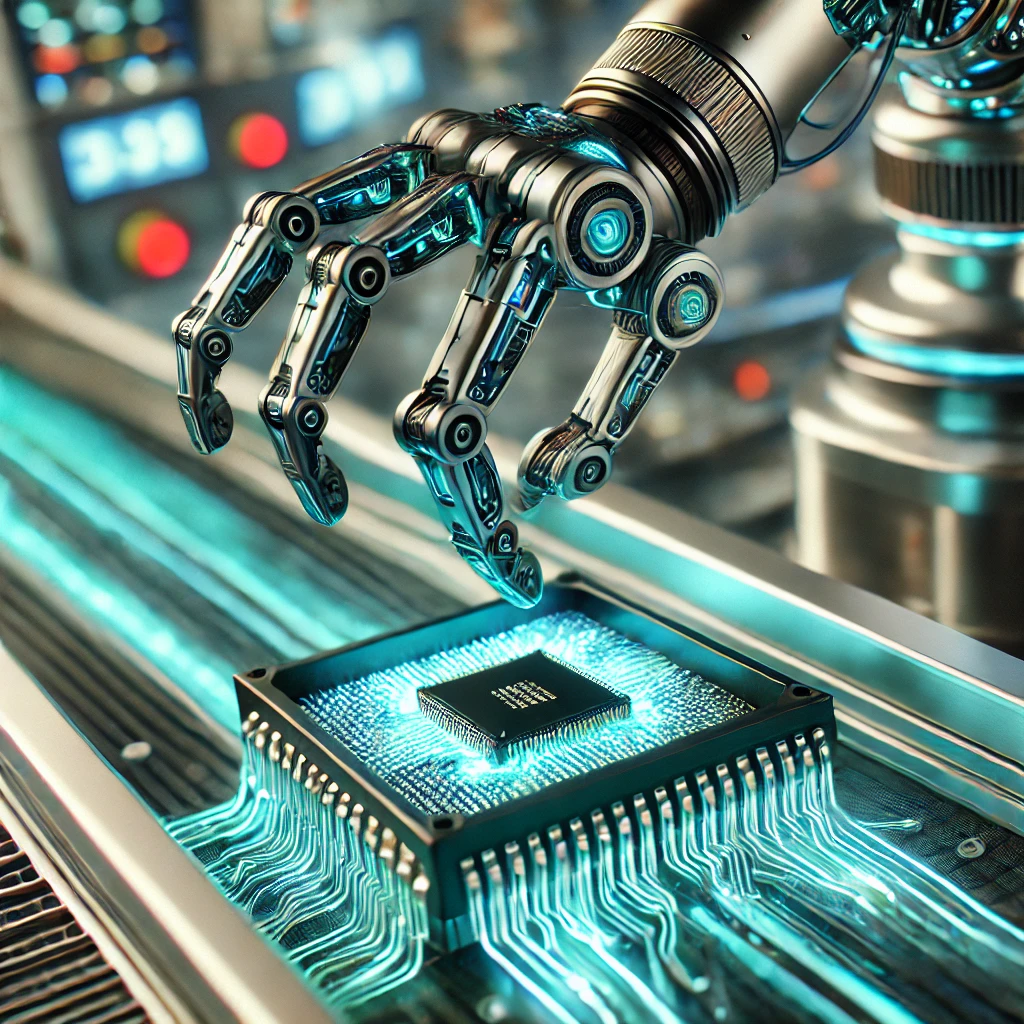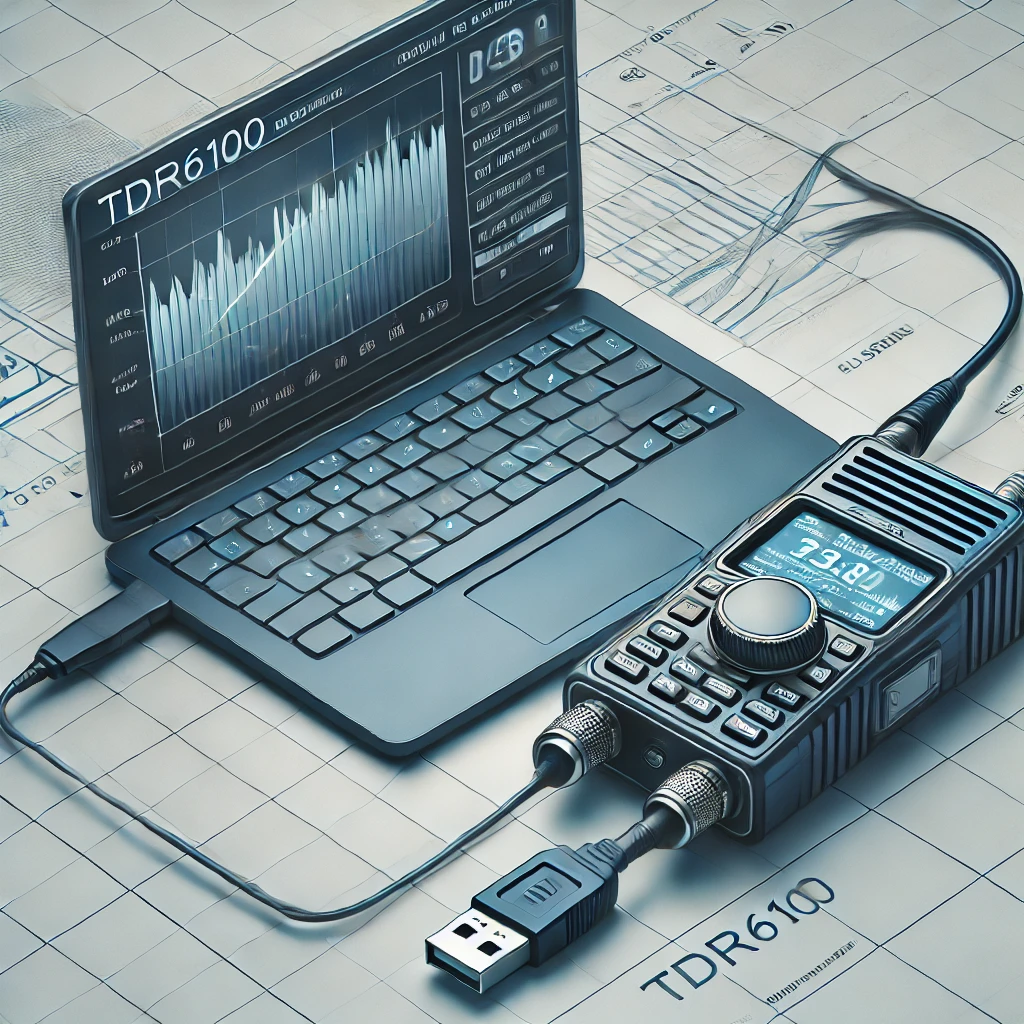What is an Idegion Machine?
An Idegion Machine is a modern technological innovation designed to revolutionize efficiency and precision in various fields. Unlike traditional machines, it leverages advanced algorithms and automated processes to perform complex tasks with minimal human intervention. The term “Idegion” reflects an integration of ideas and innovation, aiming to redefine productivity across industries.
These machines blend hardware and software components to deliver seamless performance. They utilize sensors, AI algorithms, and adaptable frameworks, allowing them to learn and adjust based on environmental conditions or specific needs. This adaptability makes them stand out from conventional machinery, which often operates within rigid parameters.
For instance, an Idegion Machine used in manufacturing can detect production errors in real time and automatically correct them without halting operations. This capability not only boosts operational efficiency but also minimizes downtime, making it a game-changer in industrial applications.
The History of Idegion Machines
The journey of Idegion Machines is rooted in the need for smarter, more adaptive machinery. Initially conceptualized in the early 2000s, the first prototypes were rudimentary, focusing primarily on automating repetitive tasks. However, rapid advancements in computing power and artificial intelligence laid the foundation for the sophisticated Idegion Machines we see today.
By the late 2010s, researchers began incorporating machine learning algorithms, enabling these machines to “learn” from their environments. Key milestones include the development of modular designs, making the machines scalable and customizable, and the integration of IoT (Internet of Things) technology for seamless connectivity.
In recent years, Idegion Machines have become a symbol of innovation, finding applications in sectors as diverse as healthcare, logistics, and space exploration. Their journey mirrors humanity’s quest for efficiency and technological excellence.
How Does an Idegion Machine Work?

The functionality of an Idegion Machine is built around three core pillars: sensors, algorithms, and actuators. Here’s a breakdown of how it works:
- Sensors: These components collect real-time data from the machine’s environment. For example, in industrial settings, sensors might monitor temperature, pressure, or motion.
- Algorithms: The collected data is processed through advanced algorithms. These include machine learning models and real-time analytics that interpret the data and make decisions.
- Actuators: Once decisions are made, actuators carry out physical actions. For instance, a robotic arm might adjust its position based on data processed by the machine.
An Idegion Machine can also communicate with other devices, creating a networked ecosystem where machines collaborate to complete tasks efficiently. This interconnectedness is particularly valuable in manufacturing plants and smart cities, where coordination is critical.
Applications of Idegion Machines
The versatility of Idegion Machines allows them to thrive in a wide range of industries:
- Industrial Applications:
These machines are used in assembly lines, quality control, and supply chain management. Their ability to operate 24/7 without fatigue makes them ideal for high-demand environments. - Medical Fields:
Idegion Machines assist in diagnostics, surgical procedures, and even drug manufacturing. For instance, robotic surgeons equipped with Idegion technology can perform precise operations with minimal risk. - Applications in Robotics:
Autonomous robots, powered by Idegion technology, are transforming warehousing, exploration, and even household tasks. They offer unmatched adaptability and intelligence compared to traditional robots.
Advantages of Using an Idegion Machine
Idegion Machines bring a plethora of advantages, including:
- Increased Efficiency:
These machines optimize workflows, ensuring tasks are completed faster and with greater accuracy. - Cost-Effectiveness:
By automating repetitive tasks, businesses can significantly cut labor costs and reduce wastage. - Environmental Benefits:
With precise operations and energy-efficient designs, Idegion Machines contribute to a lower carbon footprint, aligning with sustainable practices.
Challenges and Limitations
While Idegion Machines hold immense potential, they also face notable challenges and limitations that hinder their widespread adoption:
- Technological Barriers:
The advanced technology behind Idegion Machines requires significant research and development. Creating reliable algorithms, ensuring seamless hardware-software integration, and maintaining accuracy are complex tasks. Often, such innovations require years of testing before they can be implemented on a large scale. - Cost of Implementation:
The initial costs of purchasing, installing, and maintaining Idegion Machines can be prohibitive for small and medium-sized businesses. Even though the long-term savings are substantial, the upfront investment remains a significant hurdle for many. - Skill Gap:
Operating and maintaining these advanced machines often requires a workforce with specialized knowledge of programming, analytics, and engineering. This lack of skilled professionals creates a bottleneck in the adoption process. - Dependence on Infrastructure:
For optimal performance, Idegion Machines often rely on robust digital infrastructure, including high-speed internet and cloud-based systems. In regions with poor connectivity or technological infrastructure, these machines may underperform or remain inaccessible.
Comparison with Other Modern Technologies
To better understand the uniqueness of Idegion Machines, let’s compare them to other cutting-edge technologies:
- Idegion Machines vs AI-Driven Machines:
While AI-driven machines focus on problem-solving and learning specific tasks, Idegion Machines combine this intelligence with hardware capabilities, enabling them to perform physical actions seamlessly. They are essentially the next step in merging AI with robotics. - Scalability and Application:
Traditional automated machines often excel in a single task. Idegion Machines, on the other hand, are scalable and adaptive, making them suitable for dynamic environments, such as disaster management or evolving production lines. - Connectivity:
Idegion Machines leverage IoT technology more effectively, creating a network where multiple machines can work collaboratively without human intervention. This edge sets them apart from isolated, task-specific technologies.
Future Prospects of Idegion Machines
The future of Idegion Machines is bright, with exciting developments on the horizon:
- Innovations on the Horizon:
Researchers are working on integrating quantum computing with Idegion Machines, which would exponentially increase their processing power. Additionally, incorporating advanced sensors, like nanosensors, will enable even more precise data collection. - Role in Shaping Future Industries:
Industries such as agriculture, space exploration, and renewable energy are expected to rely heavily on Idegion Machines. For example, they could automate sustainable farming practices or build structures on extraterrestrial surfaces. - Self-Healing Systems:
Future Idegion Machines might feature self-healing mechanisms that detect and repair faults without human intervention, drastically reducing downtime and repair costs.
How to Integrate Idegion Machines into Existing Systems
Integrating Idegion Machines into existing setups can seem daunting, but a structured approach can ensure a smooth transition:
- Assessment of Needs:
Begin by identifying specific pain points in your current system that the Idegion Machine can address. Conduct a cost-benefit analysis to justify the investment. - Training Personnel:
Invest in training programs to equip your workforce with the necessary skills. Knowledge of programming, data analytics, and machine operation is essential for maximizing the machine’s potential. - Phased Implementation:
Instead of a complete overhaul, introduce the machine in phases. This minimizes disruption and allows time for troubleshooting during the initial stages. - Case Studies:
Take inspiration from successful integrations in other industries. For instance, automotive companies have seamlessly integrated Idegion Machines for assembling and testing vehicles, significantly improving efficiency.
Economic Implications of Idegion Machines
The rise of Idegion Machines has far-reaching implications for the global economy:
- Impact on Job Markets:
While automation may reduce the demand for low-skilled labor, it also creates opportunities for high-skilled professionals, such as engineers and data scientists. The focus will shift toward jobs requiring creativity and problem-solving abilities. - Growth Opportunities for Businesses:
Companies that adopt Idegion Machines early stand to gain a competitive edge through increased efficiency, reduced costs, and better product quality. This early adoption could lead to significant market share gains. - Economic Resilience:
By minimizing human errors and disruptions, these machines contribute to a more stable and predictable economy, particularly in the manufacturing and logistics sectors.
Ethical and Societal Impacts
The adoption of Idegion Machines also raises ethical and societal concerns:
- Concerns About Automation:
The fear of job displacement is a major concern. Governments and businesses must collaborate to create reskilling programs and ensure a balanced transition. - Role in Sustainable Development:
On the positive side, Idegion Machines contribute to sustainability by optimizing resource usage and reducing waste. This aligns with global efforts to combat climate change. - Ethical Use:
It is crucial to establish guidelines to prevent misuse. For example, using these machines in warfare or surveillance must be regulated to protect human rights.
Top Companies Developing Idegion Machines
The global market for Idegion Machines is thriving, with several key players leading the charge:
- Market Leaders:
Companies like Siemens, ABB, and Boston Dynamics are at the forefront, leveraging their expertise in automation and robotics. - Emerging Startups:
Startups such as Covariant and GreyOrange are disrupting the industry with innovative, niche solutions tailored for specific applications. - Collaborative Efforts:
Many firms are partnering with academic institutions to accelerate research and development. This collaboration ensures a steady flow of talent and ideas.
How to Maintain and Optimize Idegion Machines
Regular maintenance is essential to keep Idegion Machines running at peak performance:
- Maintenance Tips:
- Schedule regular inspections to identify and fix minor issues before they escalate.
- Keep the machine’s software updated to protect it against security vulnerabilities and improve functionality.
- Calibration:
Ensure all components are calibrated according to the manufacturer’s guidelines. This is especially crucial for precision-based tasks. - Monitoring Systems:
Implement monitoring tools that provide real-time feedback on the machine’s performance. Such tools can alert operators to potential problems early on.
Consumer Perspectives on Idegion Machines
End-users and industries using Idegion Machines generally report high levels of satisfaction due to the following:
- Feedback from Industries:
Many businesses praise the machines for reducing costs and increasing output quality. They also highlight the improved safety in workplaces due to automation. - End-User Benefits:
Products created with Idegion Machines often have better quality and consistency for consumers. Additionally, faster production times translate to quicker deliveries and reduced costs.
Conclusion
The Idegion Machine represents a remarkable technological leap, blending innovation, intelligence, and adaptability. From industrial applications to societal impacts, these machines are set to revolutionize how we work and live. However, thoughtful implementation, ethical considerations, and continued innovation are essential to harness their full potential.
FAQs
- What industries can benefit most from Idegion Machines?
Industries like manufacturing, healthcare, logistics, and agriculture stand to benefit immensely due to the machines’ adaptability and efficiency. - Are Idegion Machines expensive to implement?
While the initial costs are high, the long-term savings in labor and operational efficiency often outweigh the investment. - Can small businesses use Idegion Machines?
Yes, with scalable models now available, even small businesses can adopt Idegion Machines to improve operations. - What are the main components of an Idegion Machine?
The key components include sensors for data collection, algorithms for decision-making, and actuators for performing physical actions. - How do Idegion Machines contribute to sustainability?
They optimize resource usage, reduce waste, and operate efficiently, aligning with eco-friendly practices.











Leave a Reply